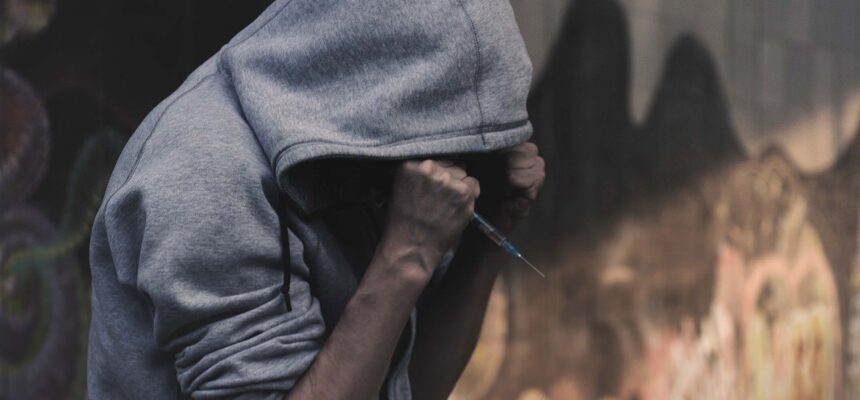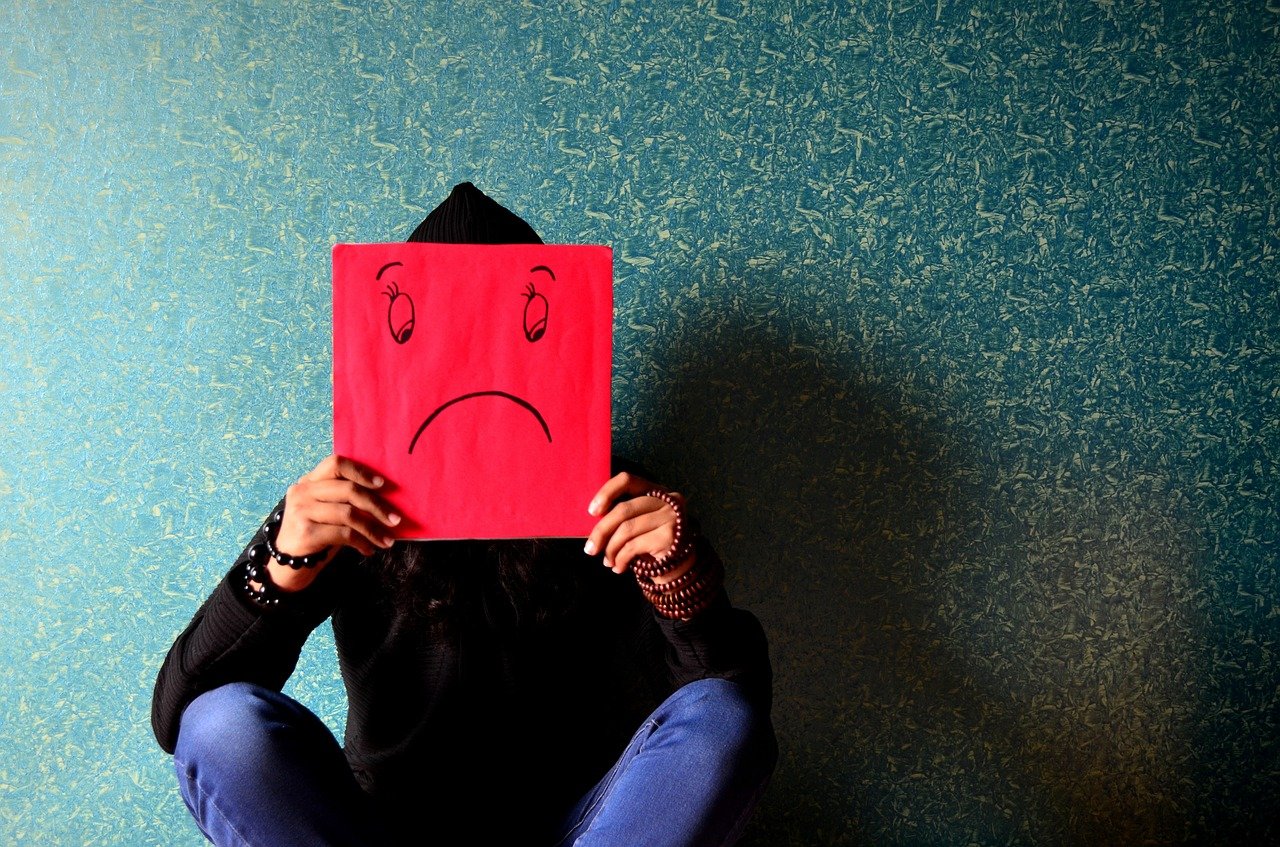
Signs Your Loved One Has an Addiction Problem
Addiction is a disease that’s doing more harm to the U.S. populace than many other diseases. It’s scientifically labeled as a brain disorder due to the way it changes the brain’s circuitry—particularly those involved in stress, reward, and self-control.
Fortunately, there’s help for those affected and their loved ones.
However, as a loved one, the first step to helping your friend or family member recover is to identify addiction signs. So, what are the tell-tale signs that your loved one has an addiction problem?
You can pick several signs to help you decide if your loved one needs addiction treatment. In most instances, you can categorize them under physical, emotional, and psychological signs.
Let’s give a quick look at them, shall we?
Physical Signs
A category of signs you must look at when trying to determine if a loved one needs addiction treatment is made up of physical changes. Prolonged substance abuse leads to changes in the body’s functions and systems. Some common changes to look out for include:
- Loss of appetite
- Sleeplessness
- Change in appearance (disheveled and or haggard)
- Loss of coordination and stumbling
- A decline in sexual function
- Stomach cramps
- Over- or underactive
- Sudden weight loss or gain
- Excessive sniffing or runny nose
- Dilated pupils and red eyes
Other tell-tale physical signs you may notice include inexplicable injuries like cuts and bruises. These result from falls or bumping into things while under the influence of a substance that impairs their sense of balance.
Emotional Signs
Some of the most common changes that occur in a person suffering from addiction are on an emotional level.

When your loved one has a substance abuse problem, one of the first things you’ll notice is a distinct change in their emotional demeanor. Some of the things that will show this emotional change include:
- Hysteria
- Unnecessary and sometimes uncontrollable anger
- Depression
- Irritability
- Loss of interest even in things they once enjoyed
- Defensiveness
These emotional changes can lead to strained relationships. It can also lead to your loved one isolating themselves and shutting themselves away from society.
Psychological Signs
Because substance abuse leads to a change in the way the brain functions, it causes psychological changes. Examples of the psychological changes you should look out for include, among others:
- Risky behavior
- Hallucinations
- Overconfidence or low self-esteem
- Withdrawing from social life or becoming overly active
- Neglecting self and responsibilities
- Anxiety
- Paranoia
Other changes you can look out for are changes in routine and secretive behavior. Any changes in behavioral patterns should be a cause for concern. You should start looking into intervention—particularly professional help from addiction treatment centers.
Steps to Take to Help Your Loved One on the Path to Addiction Recovery
Once you start noticing any changes in your loved one’s appearance or behavior, start journaling about these changes. Keeping records will help you make sure the changes you’re noticing are legitimate.
Once you’re sure about your suspicions, don’t despair. The path to addiction recovery may be tough, but recovery is possible. That’s especially true if you enlist the help of professionals like those at Yellowstone Recovery. Reach out to us if you or a loved one needs help overcoming an addiction.








